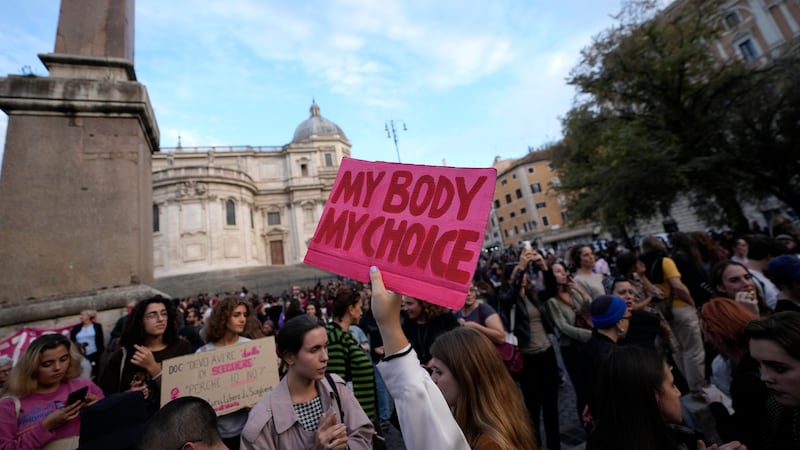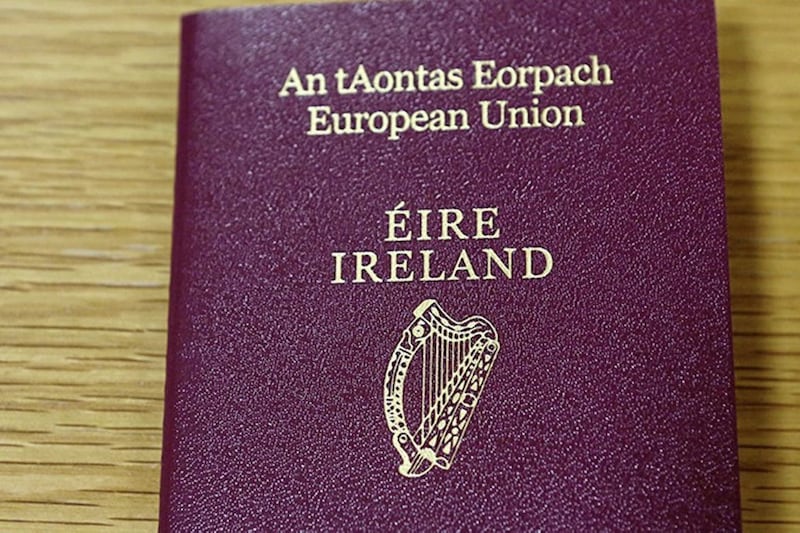A senior Labour MP has insisted his party will not back Theresa May's Brexit deal.
Mike Gapes, who described the DUP's 'confidence and supply' deal with the Tories as "unsavoury", rejected suggestions that up to 30 Labour MPs planned to back the Tory government.
He accused the Tory government whips' office of "actively briefing the media" that some Labour MPs might back a Brexit deal rather than face the prospect of the UK leaving the EU without any formal agreement.
"The numbers are bogus but the reports have had the desired effect of making at least a few colleagues wonder whether they will have to vote with the government as the lesser of two evils after all," he said.
Read More:
- Sammy Wilson warns British government of 'consequences' over Brexit plans
- Conservative Brexit bullies are behaving intolerably says John Major
- 'Decisive' Brexit progress needed before next week's summit, says Michel Barnier
- Republic sets Brexit money aside in Budget
Mr Gapes said it is certain that no Brexit proposals Mrs May will bring back from Brussels can match Labour's six Brexit tests.
"The government will say the only choice left is no deal, but that is plainly false," he said.
"The Commons has the power and ability to put the country on a different course."
The six Labour tests, as set out by shadow Brexit secretary Keir Starmer are:
1. Does it ensure a strong and collaborative future relationship with the EU?
2. Does it deliver the “exact same benefits” as we currently have as members of the Single Market and Customs Union?
3. Does it ensure the fair management of migration in the interests of the economy and communities?
4. Does it defend rights and protections and prevent a race to the bottom?
5. Does it protect national security and our capacity to tackle cross-border crime?
6. Does it deliver for all regions and nations of the UK?








